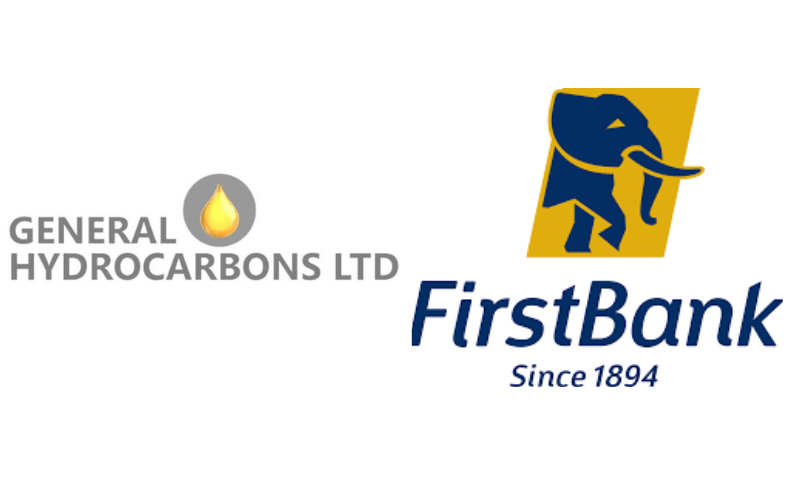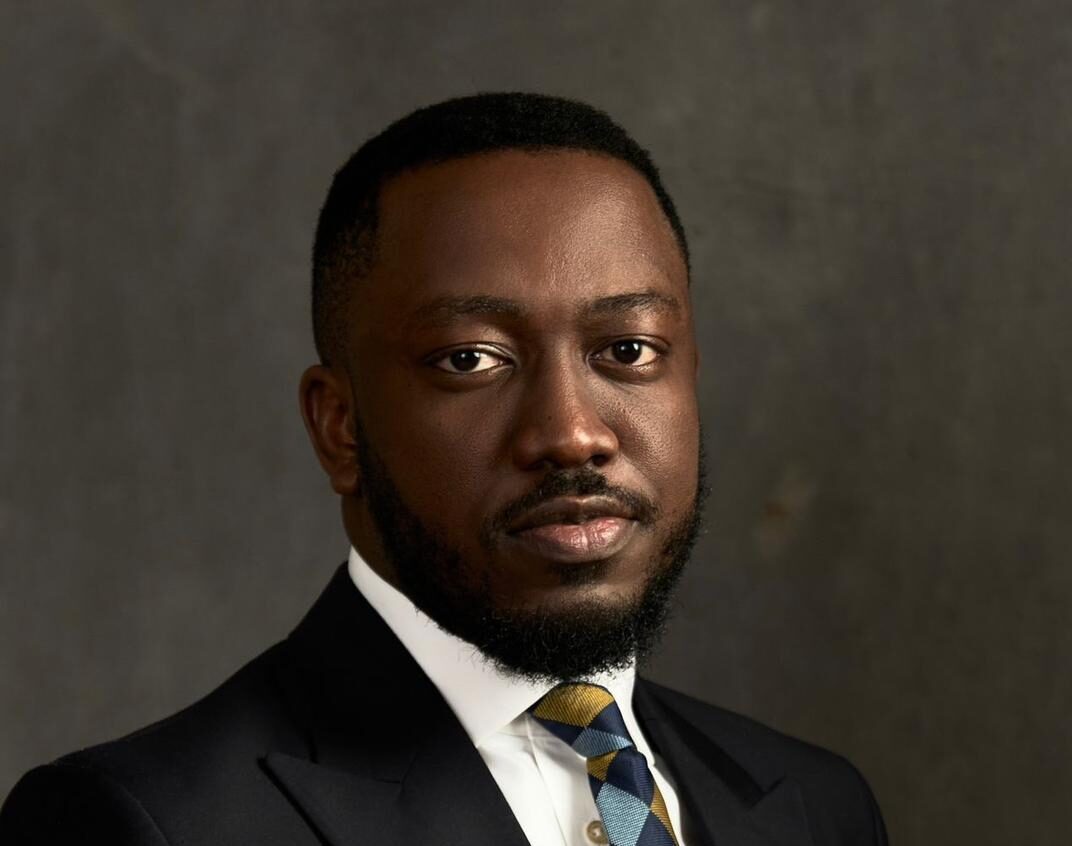
Vanessa Obioha
The European Union on Thursday launched the Nigeria cluster of the Africa–Europe Partnerships for Culture (AEPC) in Lagos, reinforcing its commitment to empowering artists, expanding creative networks and strengthening cultural ties between both regions. The Nigerian launch follows similar introductions in Burkina Faso, Senegal, Côte d’Ivoire, Benin Republic and Ghana.
The €30 million EU-funded project, implemented by Goethe-Institut, aims to support the entire arts and culture ecosystem. It seeks to reshape cultural cooperation, exchange, co-creation and dissemination within and between Sub-Saharan Africa and Europe, while promoting intercultural dialogue and mutual understanding.“We see culture as a driver of mutual understanding, creative innovation, and economic opportunity,” said the EU Ambassador to Nigeria and ECOWAS, Gautier Mignot, emphasising that the launch of the initiative in Nigeria signals the EU’s strong support for culture between Africa and Europe. “Culture is part and parcel of our Global Gateway strategy, aiming at connecting people and creating opportunities and sustainable shared prosperity.
“The EU remains committed to deepening partnerships that amplify African voices and foster cultural diversity. Our goal is to create spaces where voices can be heard, where creative talents can grow without limits and where stories that often remain unseen and forgotten can find themselves in the global community,” he added.
AEPC, according to Amb. Mignot is not the only EU-funded programme in Africa. Others include the Strengthening African-European Museum partnerships, a €20 million programme to support collaborative projects between African and European museums, and Creative Africa, a €15 million upcoming project that will support collaboration between the two audiovisual ecosystems.
“We also support the strengthening of cultural policy in Nigeria, like in many other countries in the world, through UNESCO. And then, there is a string of smaller support that we bring to cultural actors, like the Festival of Illustrators that took place here a couple of months ago or the Eastern Nigeria Film Festival in Enugu, where I will be next week.” Reaffirming the EU’s commitment to giving Nigerian creatives broader access to collaboration, training and global exposure, he urged creators to apply for support under AEPC. “Together, we can ensure that no creative is left behind, and that talent from West, East, South and North Nigeria can thrive on international stages.”
In her remarks, the Director of Goethe-Institut Nigeria, Nadine Siegert, acknowledged the growing global recognition of Nigeria’s creative industry.
“We believe that Nigeria’s creative sector is a force to be reckoned with. It’s diverse, it’s innovative, and it’s increasingly acknowledged and recognised on the global stage,” she said.
“Goethe-Institut is committed to ensuring that opportunities in the cultural sector are accessible to all. By supporting creative hubs, digital platforms, and funding mechanisms, we aim to bridge gaps in resources and visibility, empowering a diverse range of artists and cultural professionals to thrive.”
Sixteen countries are participating in the West Africa cluster, including Nigeria, Ghana, Burkina Faso, Benin Republic, Cape Verde, Côte d’Ivoire, The Gambia, Guinea, Guinea-Bissau, Liberia, Mali, Niger, Senegal, Sierra Leone, Togo and the EU.
According to AEPC cluster coordinator Toluwanimi Owolana, the project began nine months ago with initial activities in six West African countries, with a particular focus on festivals. “What we are trying to do with this is unite the cultural creative ecosystem.”
The initiative is expected to train 250 professionals, support 450 artists, link 48 festivals, and deepen West Africa–EU cultural relations for long-term social and economic impact.
The project is expected to facilitate the training of 250 professionals, support 450 artists, network 48 festivals, and deepen West Africa–EU cultural relations for lasting social and economic gains.



